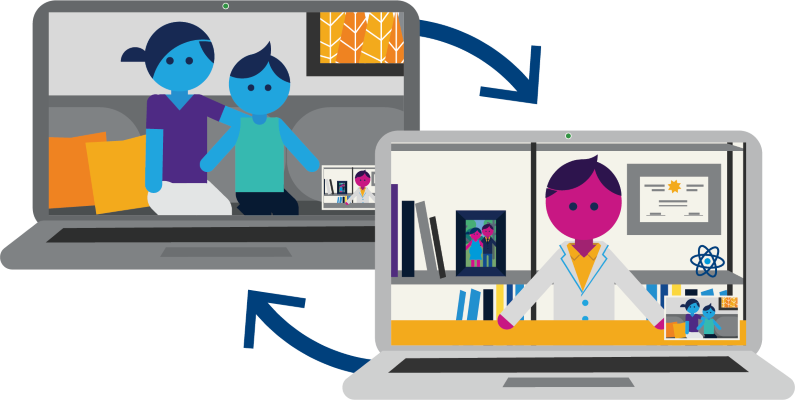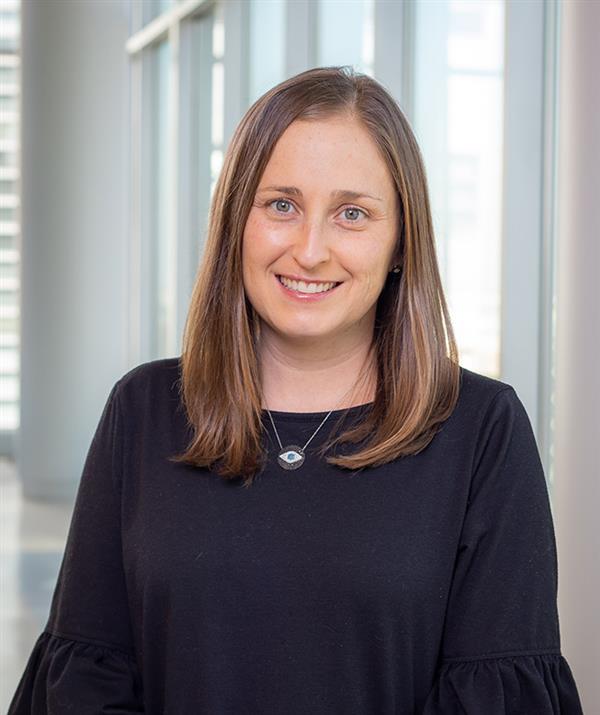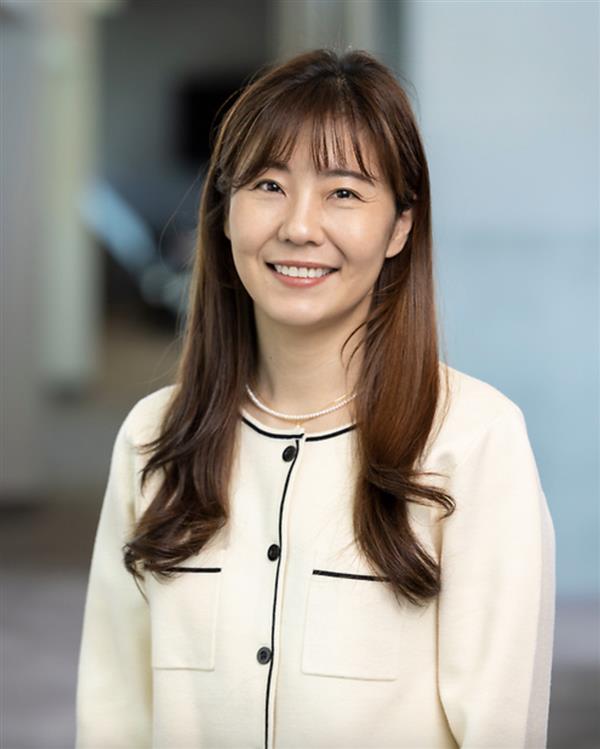- Doctors & Departments
-
Conditions & Advice
- Overview
- Conditions and Symptoms
- Symptom Checker
- Parent Resources
- The Connection Journey
- Calm A Crying Baby
- Sports Articles
- Dosage Tables
- Baby Guide
-
Your Visit
- Overview
- Prepare for Your Visit
- Your Overnight Stay
- Send a Cheer Card
- Family and Patient Resources
- Patient Cost Estimate
- Insurance and Financial Resources
- Online Bill Pay
- Medical Records
- Policies and Procedures
- We Ask Because We Care
Click to find the locations nearest youFind locations by region
See all locations -
Community
- Overview
- Addressing the Youth Mental Health Crisis
- Calendar of Events
- Child Health Advocacy
- Community Health
- Community Partners
- Corporate Relations
- Global Health
- Patient Advocacy
- Patient Stories
- Pediatric Affiliations
- Support Children’s Colorado
- Specialty Outreach Clinics
Your Support Matters
Upcoming Events
Mental Health Town Hall
Tuesday, April 23, 2024Join Children’s Hospital Colorado pediatric experts for a virtual...
-
Research & Innovation
- Overview
- Clinical Trials
- Q: Pediatric Health Advances
- Discoveries and Milestones
- Training and Internships
- Academic Affiliation
- Investigator Resources
- Funding Opportunities
- Center For Innovation
- Support Our Research
- Research Areas

It starts with a Q:
For the latest cutting-edge research, innovative collaborations and remarkable discoveries in child health, read stories from across all our areas of study in Q: Advances and Answers in Pediatric Health.


Pediatric Corneal Cross-linking
At Children’s Hospital Colorado, we treat the big things, the small things and everything in between.
What is corneal collagen cross-linking?
Corneal collagen cross-linking is a procedure done to the cornea (the clear, front portion of the eye) that aims to halt the progression of keratoconus — a disease in which the cornea becomes increasingly distorted. Keratoconus tends to be more quickly progressive in children than it does in adults. Keratoconus first leads to increases in myopia and astigmatism but can eventually progress to blindness if the disease is not treated. Corneal collagen cross-linking is not a cure for keratoconus, but it can halt the disease and prevent blindness and the need for more invasive procedures such as a corneal transplant.
Corneal collagen cross-linking works by strengthening the collagen bonds in the cornea to stabilize it. During the procedure, we use special riboflavin eye drops and ultraviolet light to strengthen these bonds. We perform the procedure after taking off the surface cells of the cornea, called the “epithelium” (sometimes referred to as epi-off technique).
At Children’s Hospital Colorado, we can perform corneal collagen cross-linking in the operating room under general anesthesia so that our patients are comfortable during the 90-minute procedure. For adults, doctors usually perform this procedure with just topical anesthetic eye drops. Being able to use general anesthesia helps to ensure your child lays still during the procedure. The cross-linking is performed by a pediatric ophthalmologist or a cornea specialist. Children are often seen in our joint pediatric and cornea clinic before we proceed with corneal collagen cross-linking.
What to expect before corneal collagen cross-linking
Your child’s journey toward the corneal collagen cross-linking procedure starts at diagnosis. At Children’s Colorado, we have the team members in place to guide your child and your family through the steps necessary to preserve as much of your child’s vision as possible.
- Most children will have their evaluation done at our joint pediatric ophthalmology and cornea clinic where both specialists will examine your child and discuss next steps.
- A corneal topography (specialized picture of the cornea) will help guide us on the severity and the change of the cornea over time. This is a noninvasive, painless clinic test that most children over the age of 5 tolerate in the office without any issues.
- If corneal collagen cross-linking is the next best step, this will be scheduled after the clinic evaluation.
What to expect during corneal collagen cross-linking
- On the day of the procedure, there are no eye drops or other special eye care necessary. Learn how to prepare for your child’s procedure.
- Corneal collagen cross-linking is an outpatient procedure, meaning your child will not need to stay overnight.
- After the procedure, a bandage contact lens will be placed on the eye to decrease any pain related to the procedure. Your child will not feel this contact lens in their eye.
- A shield will be placed over the eye so your child does not rub the eye when waking up from anesthesia. This can be removed when the child is more awake.
What to expect after corneal collagen cross-linking
- To reduce post-operative pain, we typically recommend over-the-counter medications such as acetaminophen and ibuprofen. However, light sensitivity and some discomfort are expected for 2 to 5 days afterwards.
- Eye drops will be used four times a day for the first week and then will be tapered over the next 2 to 4 weeks.
- Your child’s doctor will check the cornea a few days after the procedure and again the week after the procedure. The one-week appointment is when we’ll remove the bandage contact lens, which should not cause any pain.
- After about 3 months, the cornea should be remodeled and at that time our pediatric optometry team will work to fit, or re-fit, the contact lens to help maximize the vision.
- Most children can eat and drink after they wake from anesthesia, and they can return to school when they feel comfortable, which usually takes 2 to 3 days.
If you have any questions and/or concerns, call the ParentSmart Healthline toll free at 1-855-KID-INFO (543-4636). Caring pediatric nurses are available 24/7 to help answer your questions.
Why choose us for corneal collagen cross-linking?
Children’s Colorado is the only place in the Rocky Mountain region where your child can receive corneal cross-linking under general anesthesia. We are one of a few children’s hospitals in the nation that offer this procedure and are on the forefront of research in pediatric keratoconus. Additionally, having corneal collagen cross-linking in a hospital that is made for children provides a pediatric experience that is essential to easing your child’s anxieties about their vision and their eyes. In addition to this, we offer:
- Experience and expertise in corneal collagen cross-linking in children: Our team has published nationally recognized research in pediatric keratoconus in patients with Down syndrome. We are one of the first pediatric cross-linking programs in the country and all of our clinical experience and research in pediatric corneal cross-linking benefits our patients and their families.
- Pediatric ophthalmologists, cornea specialists and pediatric optometry: We have a complete and multidisciplinary team to help you and your child through the diagnosis of keratoconus and the treatment with corneal collagen cross-linking. You will find no other place in the region with the integrated care that we provide at Children’s Colorado.
- Technology: At Children’s Colorado we use the only FDA-approved treatment to strengthen the cornea in children with keratoconus. We perform the corneal collagen cross-linking using the epithelium off technique, using Photrexa® riboflavin drops.
- Convenience: By having a joint cornea and pediatric ophthalmology clinic, and by working closely with our pediatric optometrists who specialize in contact lenses, our patients and their families have a more convenient experience. In addition to being convenient and efficient, our team approach helps us and you make the best decision for your child.

Compassionate care, wherever you are
We’re here when you need us. Telehealth appointments are available across every specialty, so you can get the high-quality care we’ve always offered from the comfort, privacy and convenience of home.
See if telehealth is right for you
Get to know our pediatric experts.

Robert Enzenauer, MD
Ophthalmology

Rebecca Braverman, MD
Ophthalmology

Emily McCourt, MD
Ophthalmology

Jennifer Jung, MD
Ophthalmology



 720-777-0123
720-777-0123




